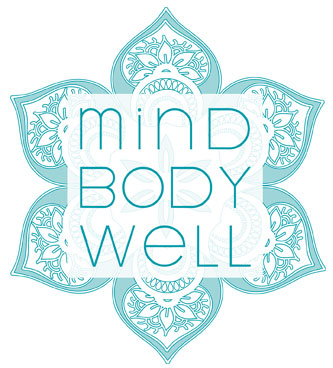For far too long, eating disorders have been stereotypically associated with women, most commonly young women. However, the truth is that eating disorders do not discriminate based on gender, size, sexual orientation, cultural background, age, or ability. Men, too, grapple with these complex mental health conditions, and it's time to break the stigma surrounding men and eating disorders. In this article, we shed light on the prevalence of eating disorders among men, the unique challenges they face, and how we can challenge societal norms to support those in need.
Eating Disorders in Men: The Numbers Speak
Recent statistics from Australia's Butterfly Foundation revealed a significant presence of eating disorders among men. It is estimated that over one-third of eating disorder presentations are seen among men, with 360,131 Australian men living with an eating disorder (Butterfly, 2019).
According to the National Eating Disorders Collaboration, it is estimated that men account for:
20% of people in Australia who experience Anorexia Nervosa
30% of people in Australia who experience Bulimia Nervosa
43% of people in Australia who experience Binge Eating Disorder
55-77% of people in Australia who experience Other Specified Feeding or Eating Disorder (OSFED)
67% of people in Australia who experience Avoidant Restrictive Food Intake Disorder (ARFID)
Heightened Risk Among Certain Groups
Certain groups of men face a higher risk of developing eating disorders. This includes queer men, transmen, gender diverse groups, and men involved in fields that promote specific body ideals or physiques, such as athletes, bodybuilders, and actors.
Unique Presentations in Men
Eating disorder presentations among men may differ from those commonly associated with women, or they may also be very similar. Men may focus on low body fat and high muscularity as well as weight. They might also be more concerned with high protein foods and counting macros, as well as engaging in excessive or compulsive exercise with an emphasis on muscle appearance. Concepts like ‘bulking’ and ‘shredding’ and the use of supplements and performance-enhancing drugs can also be prevalent.
The Impact of Stigma
Unfortunately, eating disorders among men are often underreported due to the stigma surrounding these conditions. The stigma can lead to a lack of awareness of symptoms, misdiagnosis, delayed diagnosis, difficulty accessing appropriate treatments, and a feeling of exclusion from available treatments.
Cultural Expectations and Norms
Cultural expectations and ideals surrounding body size and appearance can play a significant role in the development of eating disorders among all genders, including men. Society's narrow definition of masculinity, characterised by being muscular, strong, stoic, and independent, contributes to the pressure men face to conform to unrealistic body ideals. ‘Diet culture’ preys on this by promoting fasting, high protein products, and ‘biohacking’ – all of which contribute to the normalisation of disordered eating behaviours and a focus on gaining muscle.
Challenging Stereotypes: Redefining Masculinity
To address the stigma and promote a healthier understanding of masculinity, it’s important that we challenge existing stereotypes and societal norms. Here are some prompts to think differently:
Question the origins of the narrow definition of masculinity, and how this impacts the lives of men and masc folk
Develop media literacy skills to recognise how masculinity is portrayed
Notice how diet culture products are marketed toward men and women
Learn about the gendered and socialised nature of emotions
Explore and redefine masculinities, encouraging a broader and more inclusive sense of identity
Seeking Help: An Act of Courage
Remember that all people are worthy of support, and seeking treatment is a brave and essential step for anyone struggling with an eating disorder, regardless of gender. At Mind Body Well, our team of Psychologists and Dietitians is here to support you on your journey to a healthier relationship with food, exercise, your body, and identity. We welcome people of all genders, ages, sexual orientations, and cultural backgrounds.



















